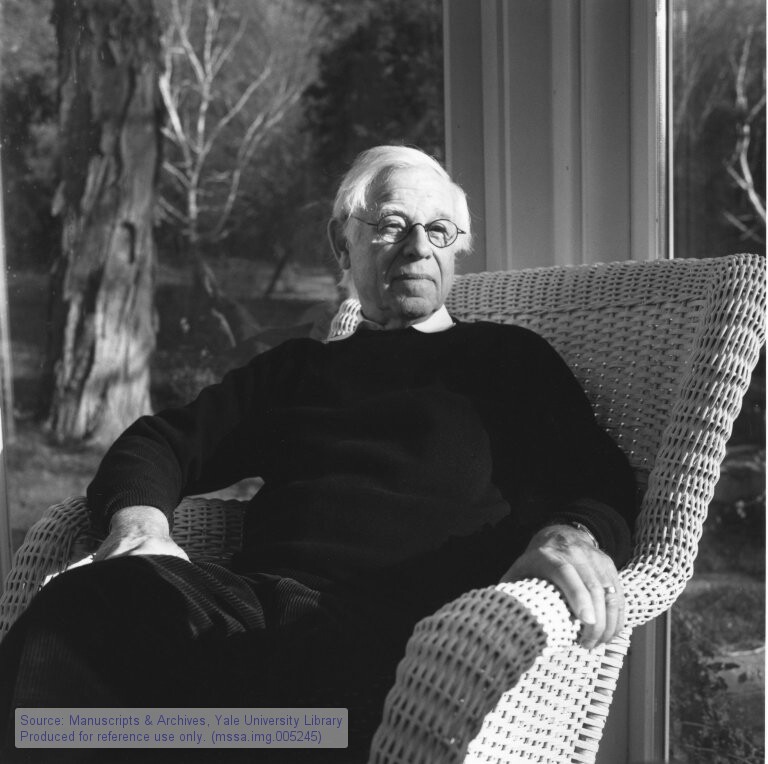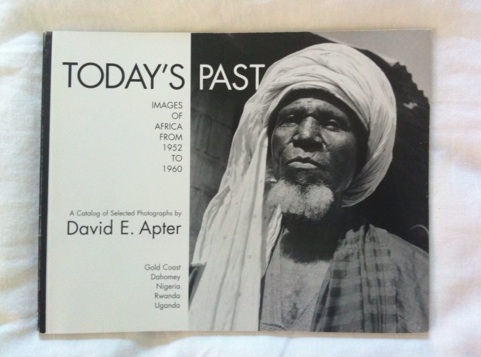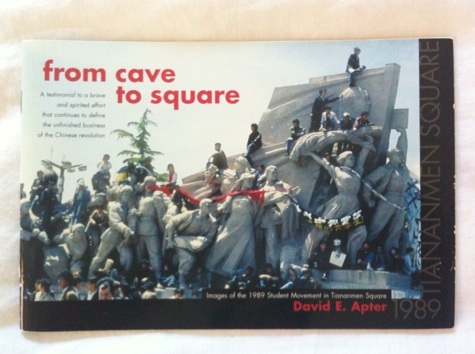
David E. Apter at his home in North Haven CT, 2002 ©Larissa Leclair, Courtesy of Manuscripts & Archives, Yale University
David E. Apter, a mentor and friend, passed away at his home in Connecticut on May 4, 2010. Apter was the Henry J. Heinz II Professor Emeritus of Comparative Political and Social Development at Yale University and was best known for his interdisciplinary work in comparative politics and sociology, but he was also a photographer. For decades, during his research trips and travels, Apter photographed in Ghana, Nigeria, Benin, Uganda, Rwanda, Peru, Japan, China, Israel, France, and also closer to home in Connecticut. Some of the photographs originally appeared in his academic books such as Gold Coast in Transition (1955), and The Political Kingdom in Uganda (1961) and a selection of images were exhibited at the Lowie Museum at the University of California at Berkeley in 1969.
In the last decade, Apter’s focus turned more towards his photography, with numerous exhibitions – Sterling Memorial Library (2002, 2003), the Whitney Humanities Center (2007), and the Koerner Center (2007) at Yale University; and the Musée Gorsline in France (2007) – and catalogs – Today’s Past: Images of Africa from 1952 to 1960 (Yale University Library, 2002); From Cave to Square: Images of the 1989 Student Movement in Tiananman Square (self-published, 2005); and Beyond Representation: Photography as Political and Social Interpretation (Whitney Humanities Center, 2007) – as well as a photography panel discussion at Yale University Art Gallery including Chip Benson, and Jock Reynolds in 2002. Apter had a trained photographic eye and was equally gifted in writing about his own photography and critically thinking and contributing to the larger discourse of the medium. As a whole, Apter’s photographic work is visually descriptive and documentary in nature of both the culture and environment of the time. And each photograph has historical, political, and personal significance for Apter. Apter’s photographs in Africa during the 1950’s and in Tiananmen Square in 1989 – images taken during a time of political shifting and transition are now historical records.



Yale University Art Gallery holds a selection of vintage prints by David E. Apter. The majority of Apter’s photographs are part of the David E. Apter Collection at Yale University’s Manuscripts and Archives.
During his prolific career as a scholar, researcher, writer, and professor, he influenced many and through his photographic legacy and archive he will continue to influence many more.